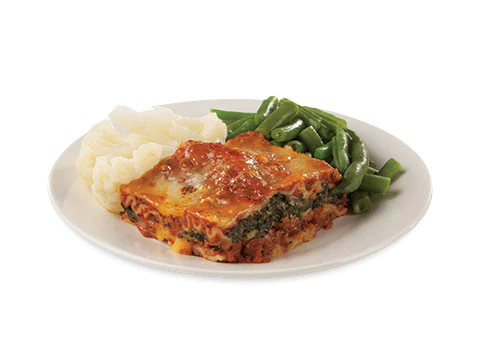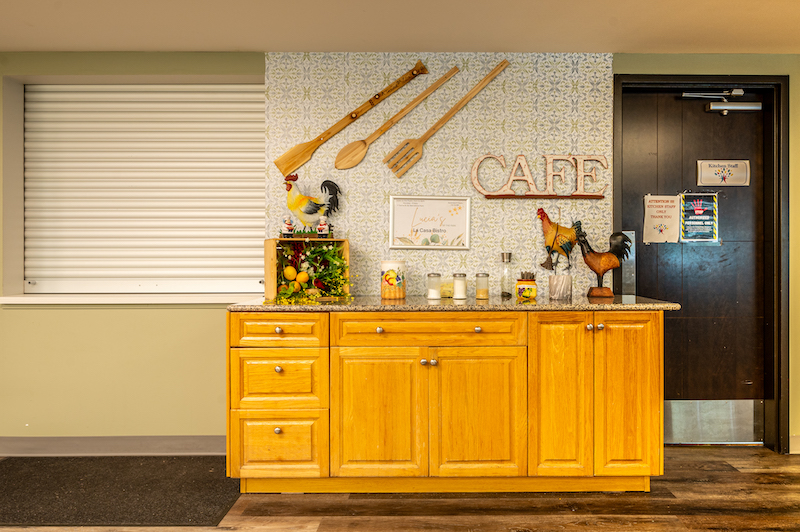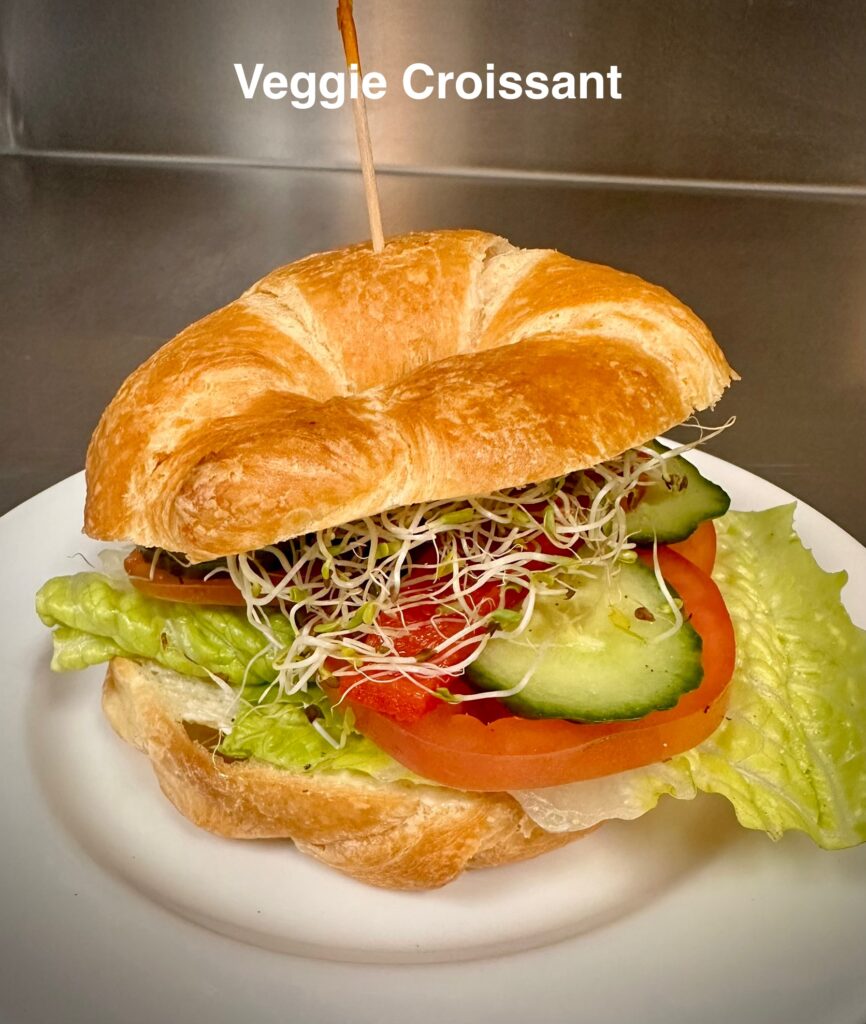Blog
“I Assume” Usually Doesn’t End Well
I’ve noticed that the sudden shift to our new normal has created a new set of “I assume” thoughts and statements. Without some critical thinking about these, it will be too easy to slip into a short-term benefit with long term pain.
To put me on solid ground, a review of a few old normal assumptions will help.
We’ll all meet at Mom and Dad’s home for the next celebration dinner. Or, sure, you can borrow the car, trailer, cabin, and whatever. How about I’ll co-sign that loan so you can get it.
The implied assumptions we make is that, at worst, we’d be no worse off by such decisions. That was pre-pandemic when the future was more predictable. Now all bets are off.
To support my wife and me as older adults, we need to take steps to reduce our exposure risk to covid-19. To make it easier on myself, I arbitrarily think of the risk level as an E-low, E-medium, or E-high. When I’m feeling creative and anal, I think of it on an E-scale, between 1 to 10.
So if we don’t host celebration dinners, the risk is E-0. If we don’t attend them elsewhere, it remains E-0. I like those odds. But this real-world assessment is never that black and white. Now comes the “what ifs.” The rating might change to E-2 to have just one person over who has few social contacts and has a proven pattern of low-risk behaviours. Nobody can decide for me, unless it is done by law. There are just too many considerations for anyone to make that decision, other than me.
The loaning and borrowing of big-ticket items need to be considered differently now. Will cleaning and sanitizing be part of the assumptions? Who does it and how confident am I it will be done effectively? What is the risk to other people? One sibling uses the cabin on the long weekend while another sibling had planned to stay there for a week right after the long weekend. The assumptions are more severe than hoping the cabin isn’t in a mess for the next group of relatives.
Now I get to the straight exchange of money in the form of a loan or a co-signing situation. I have a friend whose adult children asked them to co-sign a bank loan. The confidence they had in the other person’s ability and intent to pay the money back was high – pre-pandemic. Now the belief in ability is much lower while the confidence of intent remains high.
Nobody could weigh all the considerations that might impact me, other than me. However, the assumptions I used to make in the old days are much weaker than before. To reduce the E-risk, I may have to make more challenging, more thoughtful choices. I may need to value my health with a higher priority.
So, please give this a bit of a think. Pause and think about those decisions you used to make, based on long-standing assumptions. What are two you can think of? Should you make different decisions now? How will you explain this to those affected?
Photo by Hedgehog Digital on Unsplash
My thanks to St. Albert Seniors Association: 780-459-0433 for making this Blog possible.
Glenn Walmsley
Volunteer Blogger: -for those with a curious spirit
TheBlog@StAlbertSeniors.ca
Home









